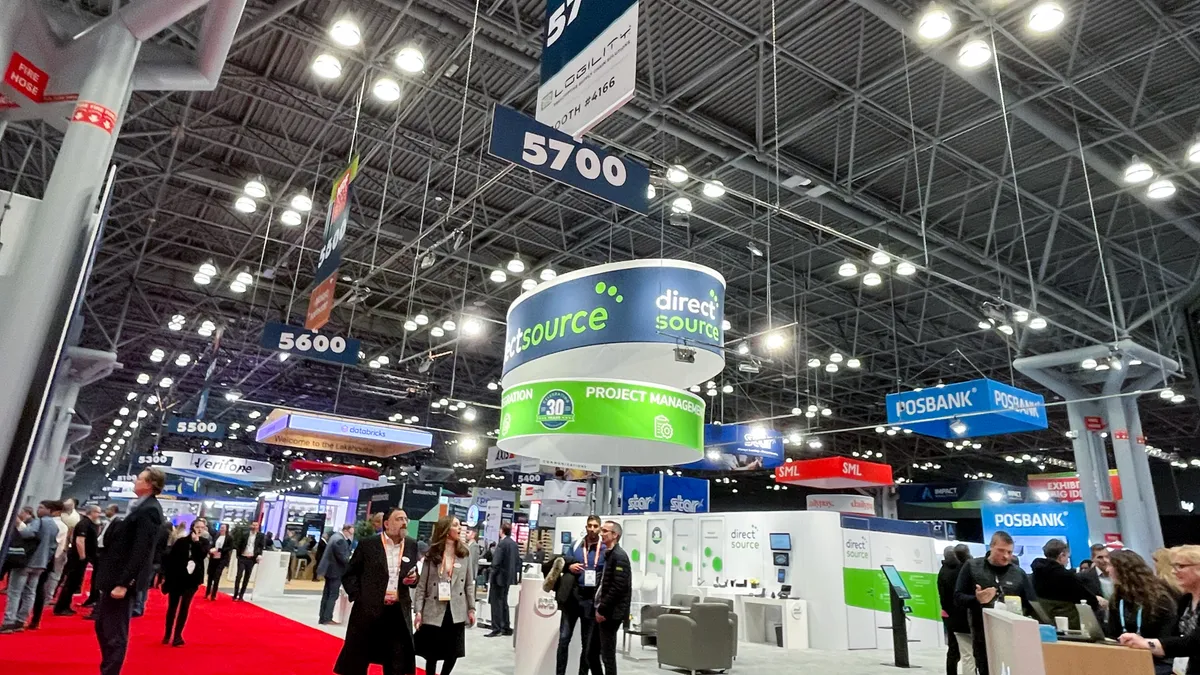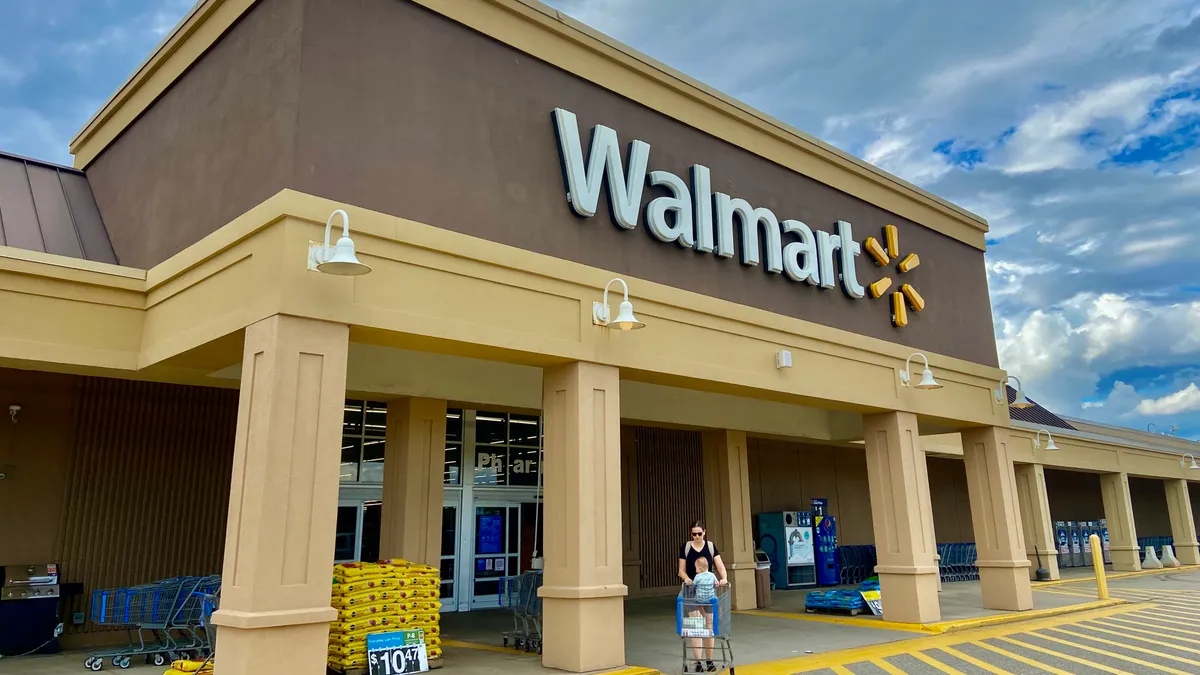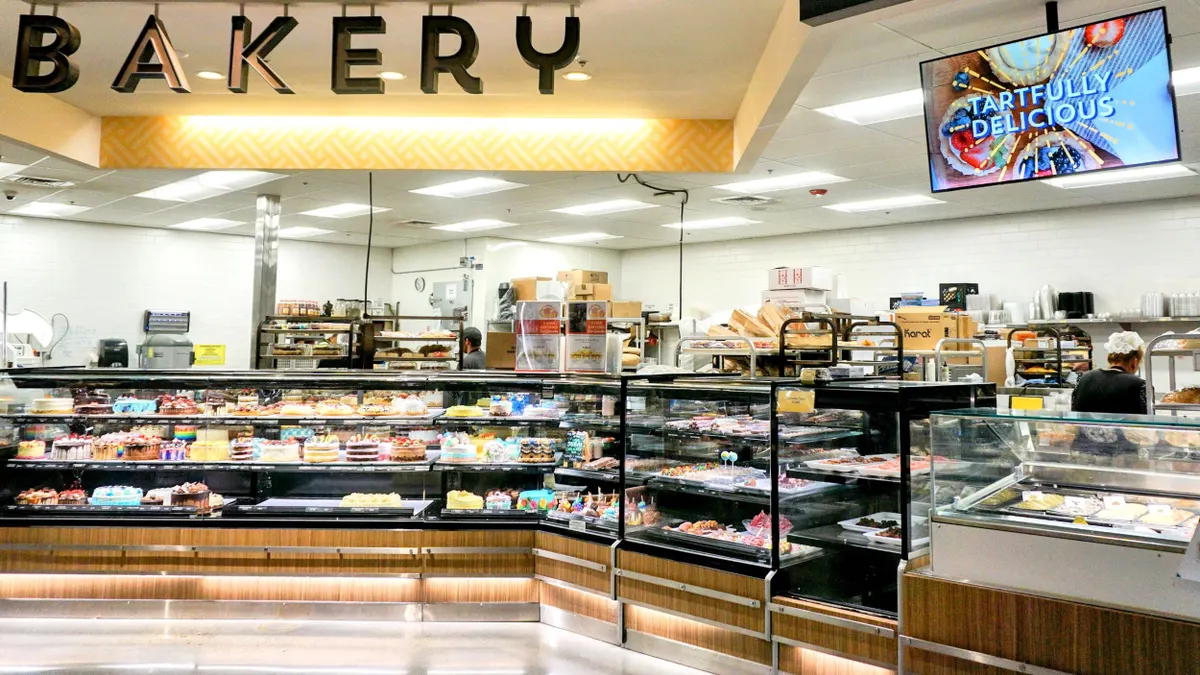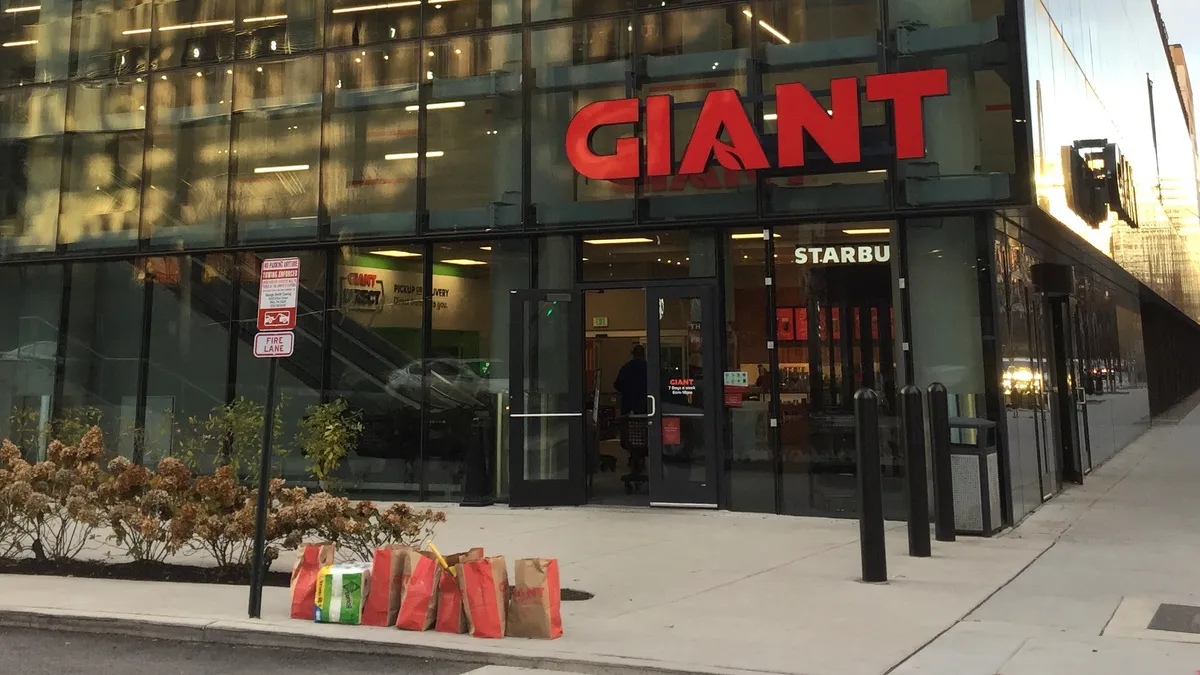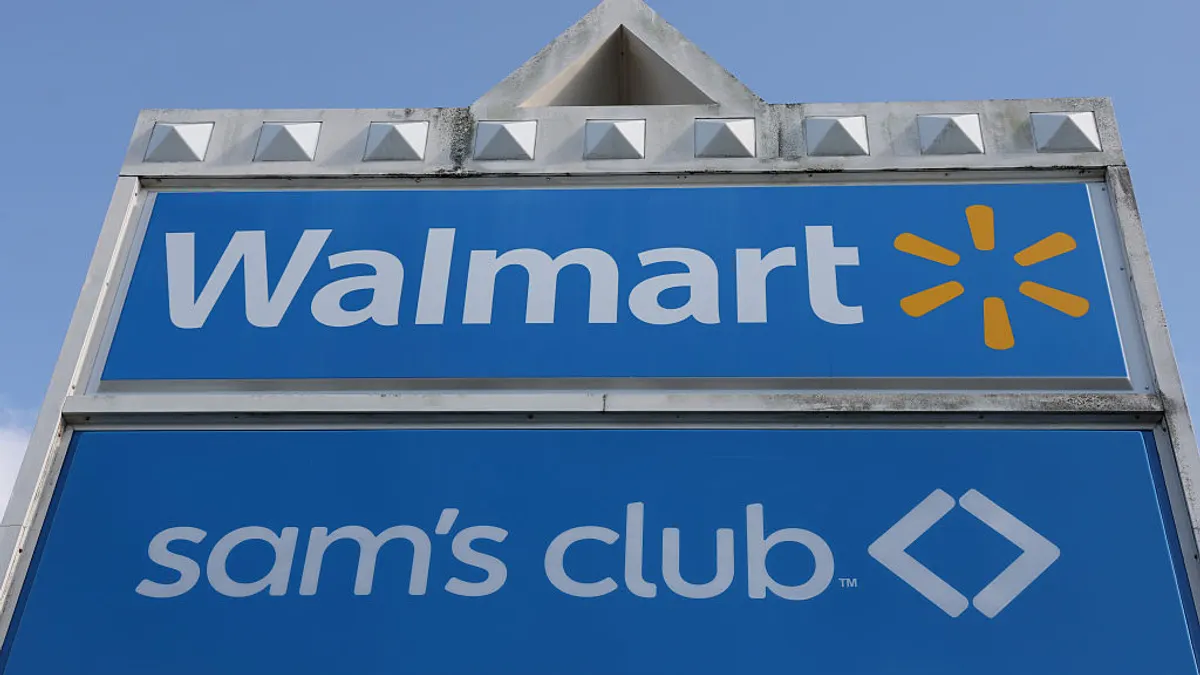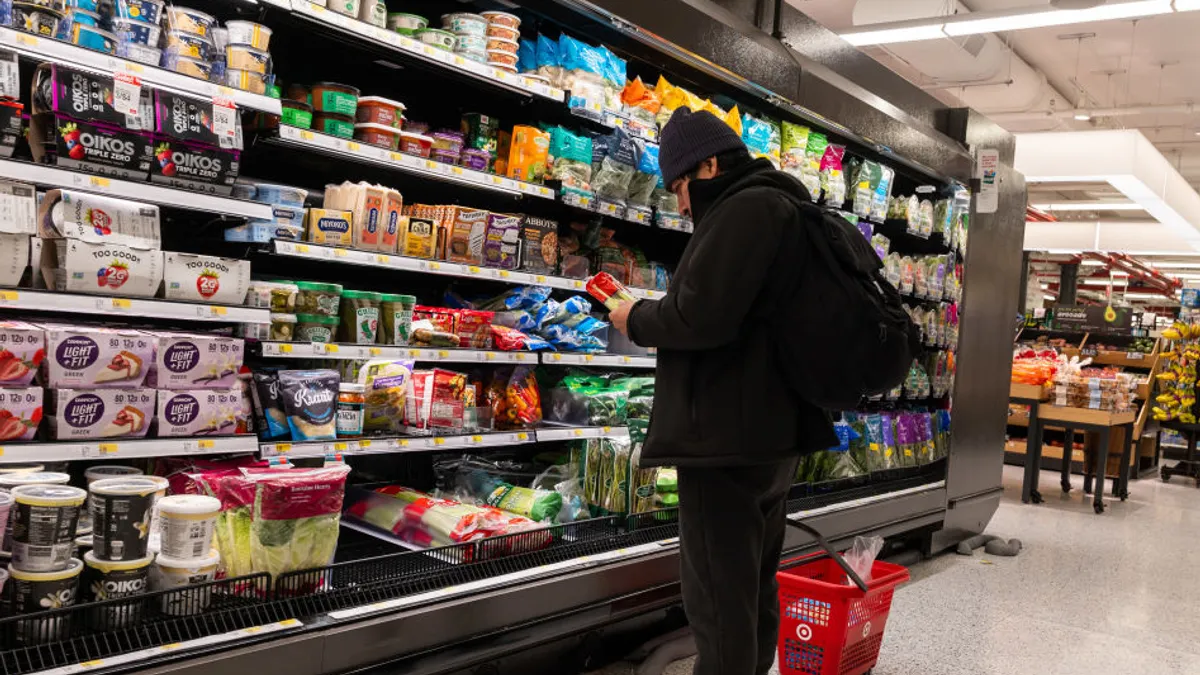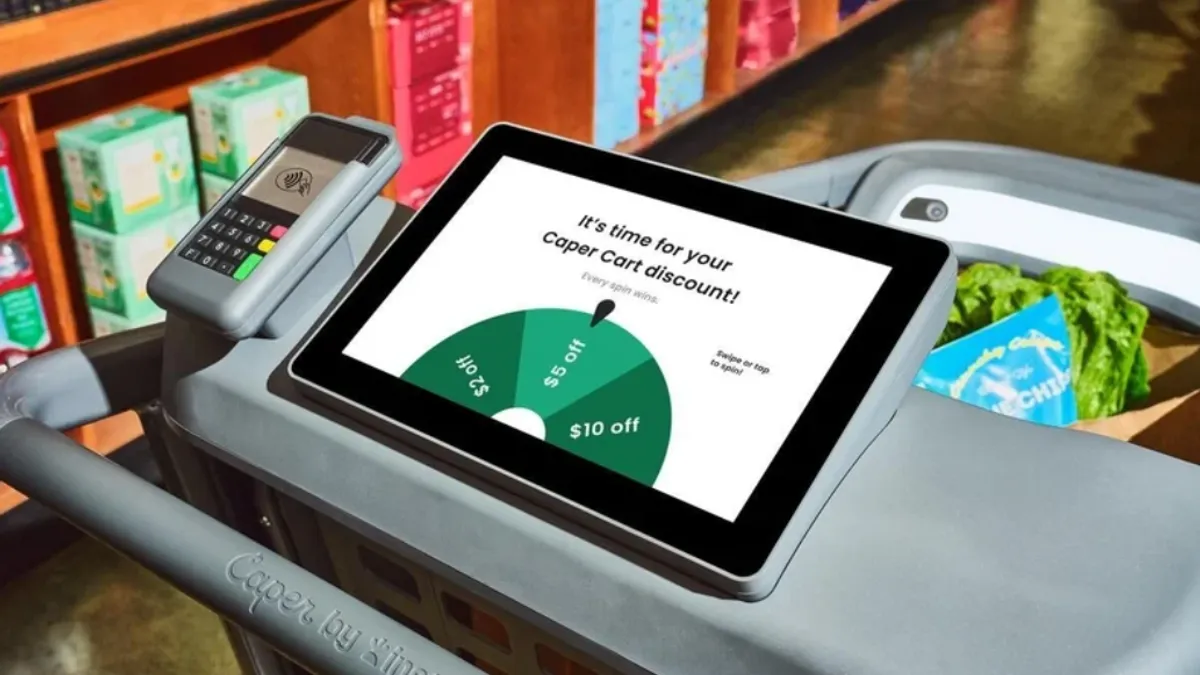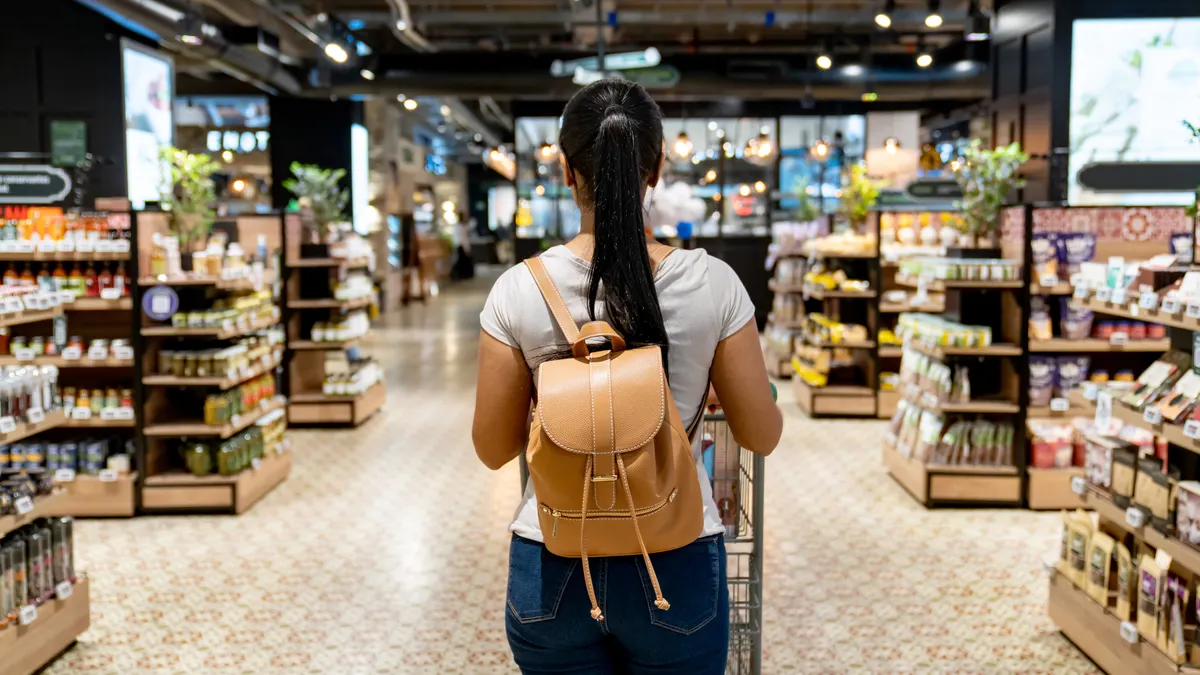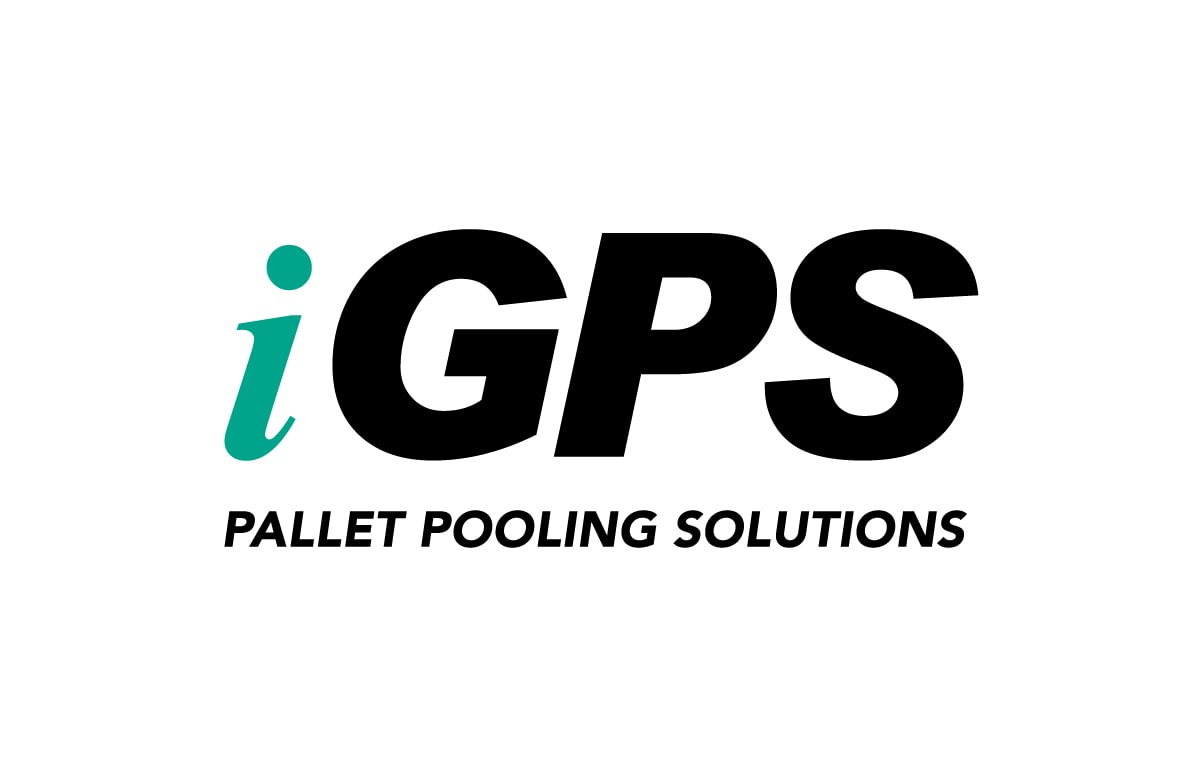NEW YORK — With two large exhibition floors, the National Retail Federation’s annual conference this week had hundreds of vendors, from brand-new startups to larger players like Google and Microsoft, show off their services and offerings to industry leaders.
Several of the many companies that provide technology in the grocery space shared updates during the show, from formal announcements to one-on-ones with Grocery Dive.
While Google’s array of new and updated artificial intelligence tools for retailers, including inventory tech, was a major announcement from the show, a number of other vendors have made new moves in retail media, inventory management, food waste and more.
From brand-new startups to fresh initiatives from well-known firms, here’s a recap of some of the top technology updates from the conference.
Cooler Screens rapidly scaling its in-store digitization tech
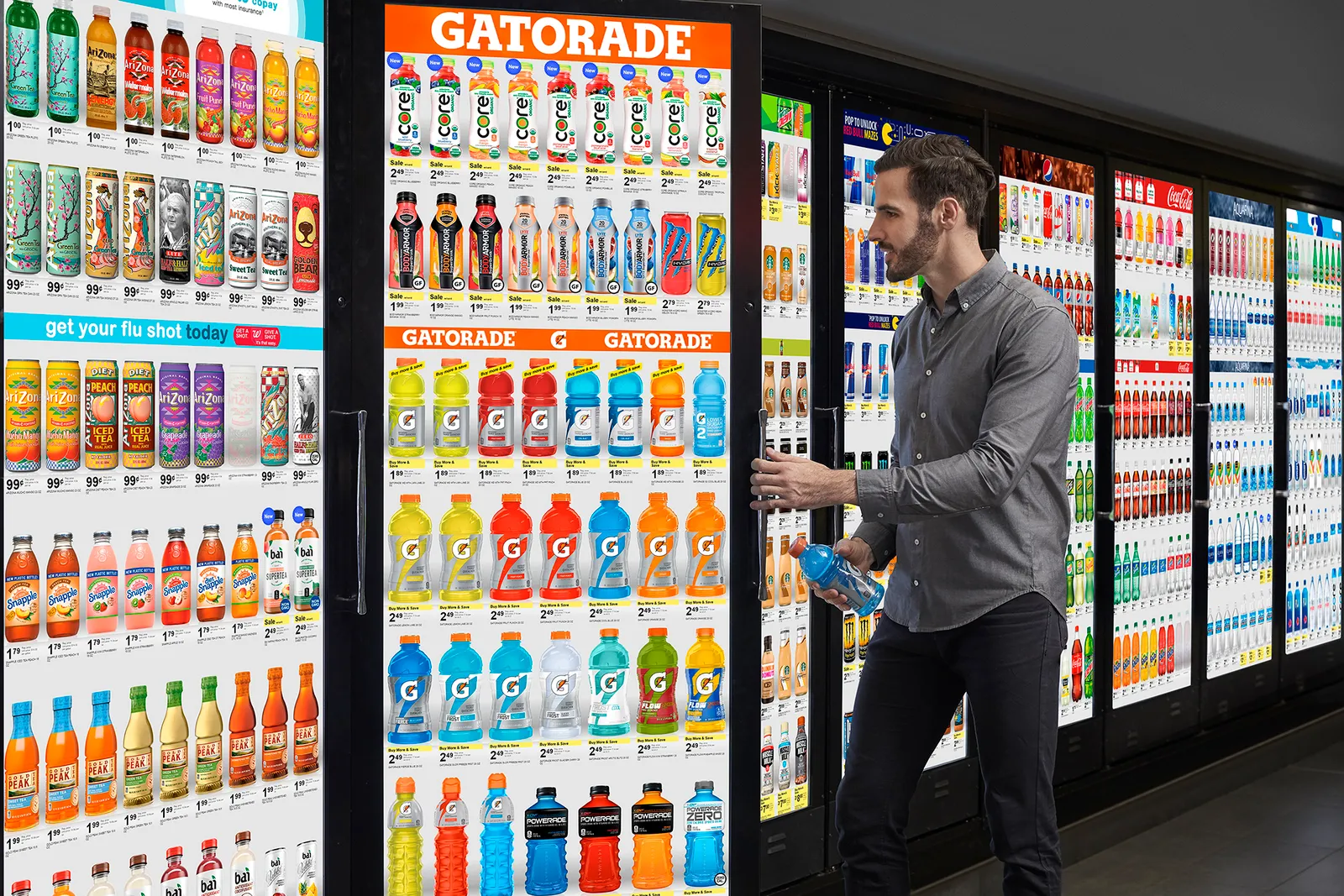
Cooler Screens, a company that replaces standard cooler doors with ones that can display advertisements and product information while also collecting analytics, unveiled at NRF a store-wide offering that extends its use case.
The company is rolling out the ability to add its screens to end caps, checkout lane coolers, pharmacy screens and other areas of the store. The expansion efforts by Cooler Screens come at a time when the company is among the many vendors looking to tap into the growing work by grocers on retail media networks and in-store digitization.
Cooler Screens, which counts Kroger, Giant Eagle, Walgreens, Circle K and The Kraft Heinz Company among its partners, has nearly 100 million viewers per month across 10,000 screens nationwide.
Cooler Screens is quickly growing with the goal of quadrupling the number of its screens in deployment in the next 12 to 18 months to 40,000 total, the company told Grocery Dive at NRF, noting that it's already on track to achieve 25,000 by the end of this year. The company said in a press release it is forecasted to achieve more than 200 million viewers per month this year.
New plug-and-play smart cart tech
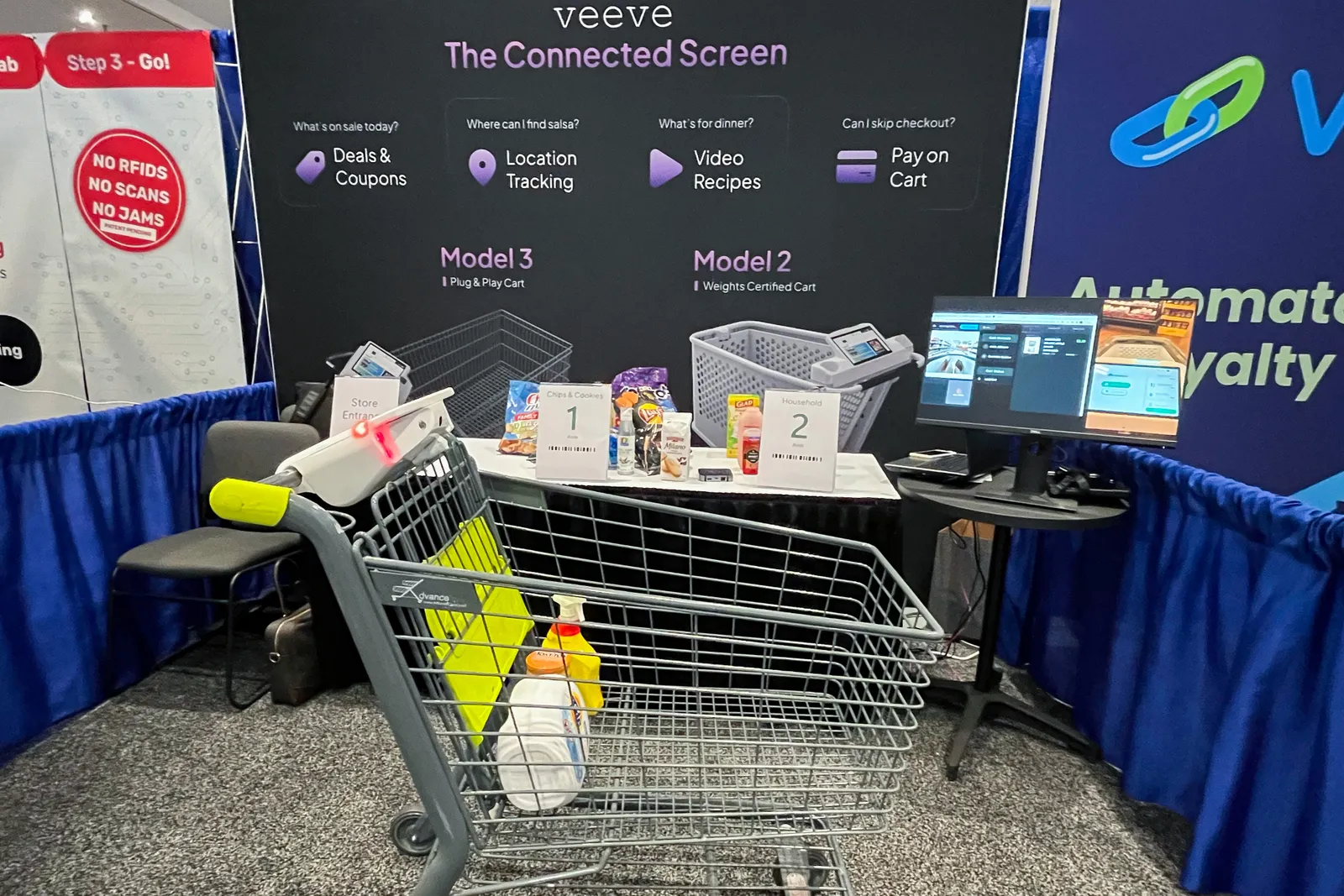
Veeve, the smart cart maker partnering with Albertsons, Kroger and Metropolitan Market, showed off its new plug-and-play device that can be added to existing carts to convert them into smart carts. The Seattle-based startup positioned the new solution at NRF as a way for retailers to tap into retail media options by leveraging screens on shopping carts to get ads in front of shoppers’ eyeballs as they traverse aisles.
The plug-and-play option allows shoppers to view deals, watch videos, look at shoppable recipes, see their shopping lists, find items on a store map and keep an eye on their shopping receipts on the snap-on screen. For items like produce, weighing stations can print barcodes, while for age-restricted items, the device will call for an assistant to check the shopper’s ID, Veeve told Grocery Dive.
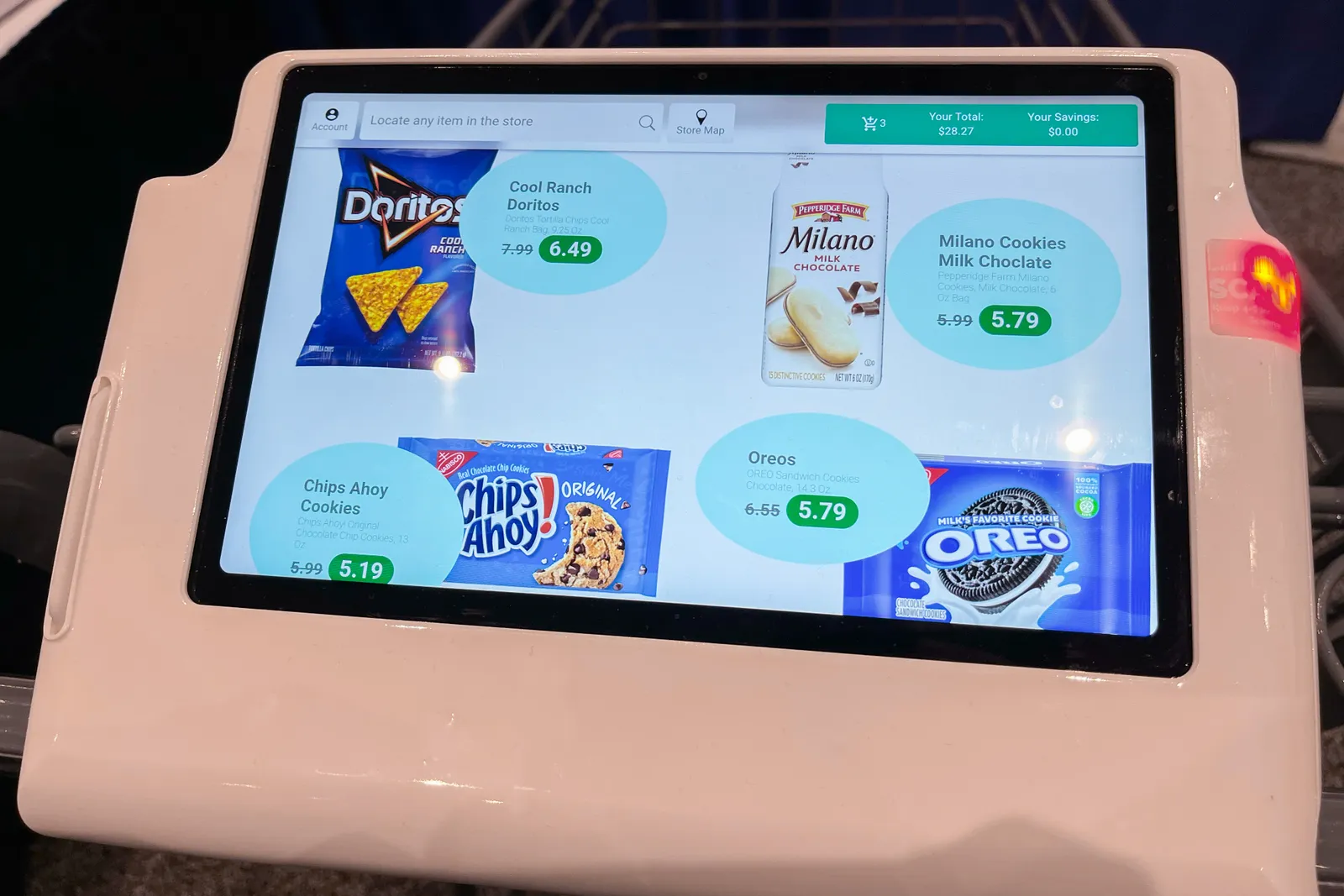
The technology allows shoppers to pay from the cart, which has a barcode for people to scan items as they get added to the cart. Shoppers can either shop in guest mode or enter a mobile number for a personalized experience, according to Veeve’s website. Veeve claims that the plug-and-play solution shortens shoppers’ average trip time yet boosts their spending.
The plug-and-play solution is being supported by the $6.7 million Veeve raised last fall in a round co-led by Foothill Ventures and Creative Ventures, bringing the company’s total funding raised to $8.9 million, TechCrunch reported.
Trac(king) shopping carts
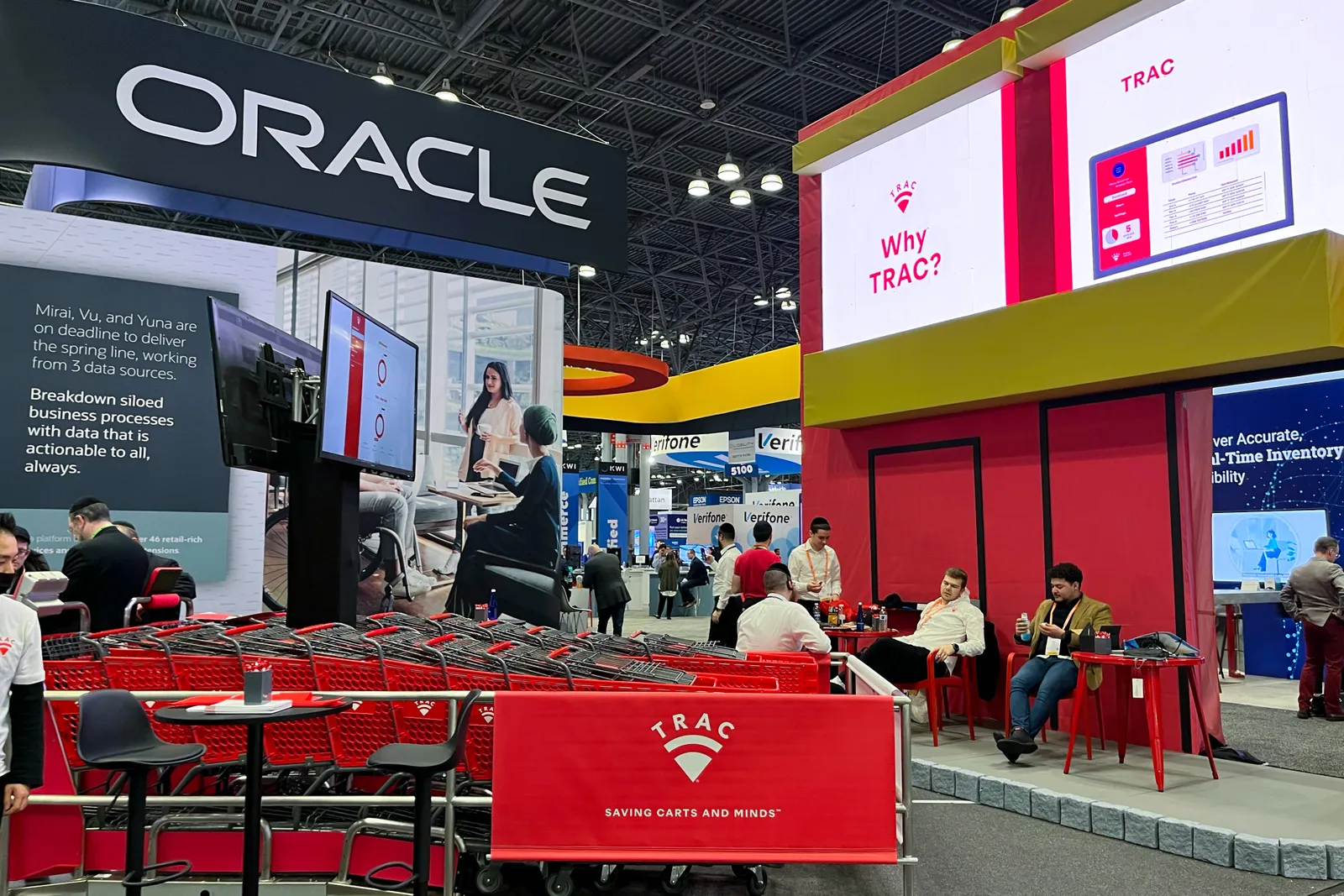
New startup Trac — “cart” spelled backward — is aiming to solve shopping cart theft. Shopping cart theft and misplacement can cost retailers a pretty penny — the average shopping cart can cost around $250 and sometimes as much as $700 apiece, Trac told Grocery Dive.
Similar to how Aldi requires shoppers to “rent” carts with a 25-cent deposit to curb cart theft and save workers from having to haul stray carts back to the store, Trac’s cart kiosk allows shoppers to access a cart for free through either a retailer’s app, fob, pin code or their phone number, per the company’s website. Each cart has a sensor on it to track not only the location of the cart but also the shopper’s journey.
The Lakewood, New Jersey-based company is launching a pilot next month with an undisclosed retailer, Trac told Grocery Dive.
Saving avocados from shoppers’ squeezing
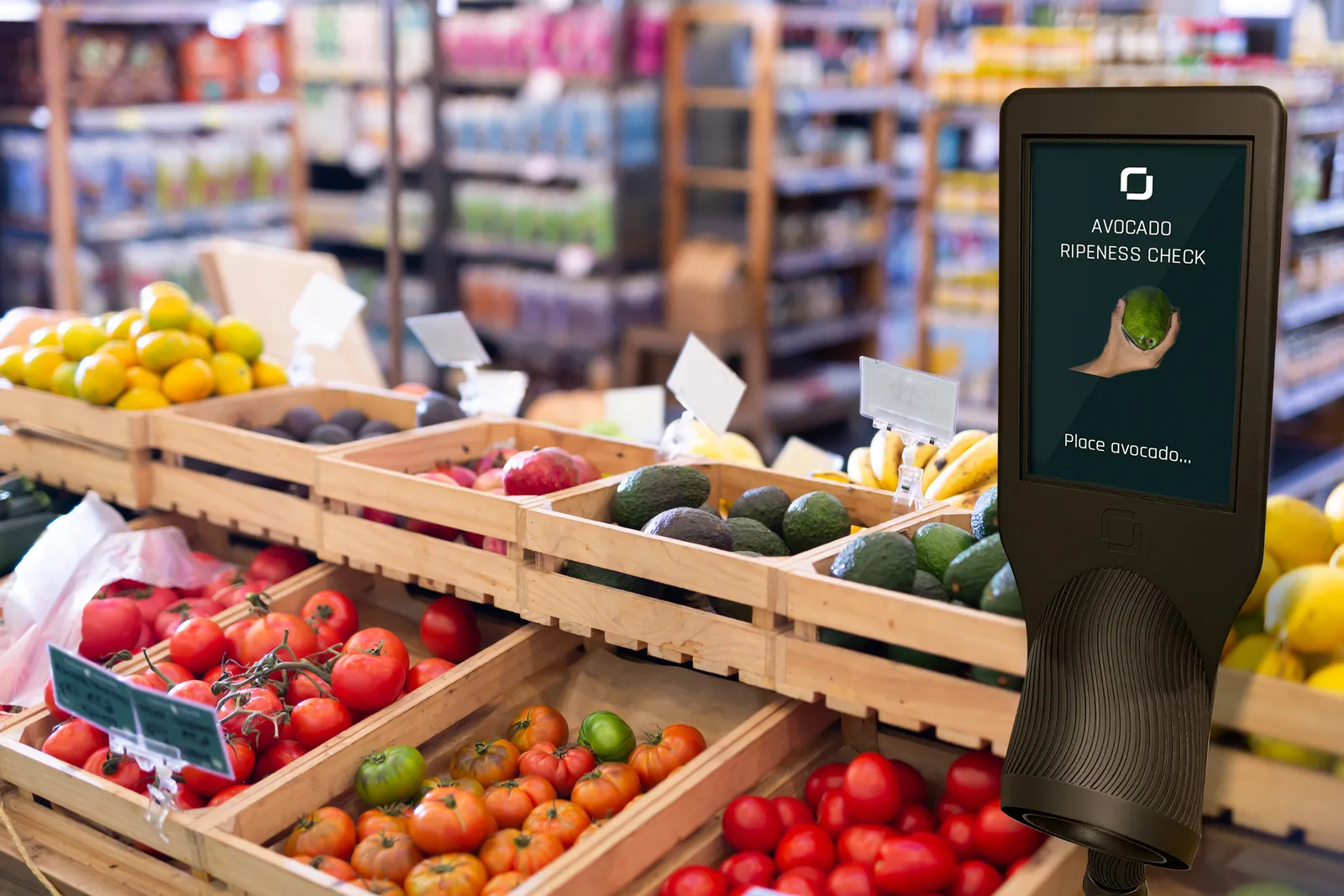
Dutch food tech startup OneThird, which gets its name from the statistic that roughly one-third of all the food produced globally is wasted, has several shelf life prediction technologies for various points of the supply chain to prevent produce from spoiling.
In a demo for Grocery Dive at NRF, OneThird showed how shoppers and workers can use its supermarket checker to determine the ripeness of avocados — a notoriously finicky fruit to gauge freshness. Within seconds of placing an avocado nose-up in the device, the near-infrared scanning technology collects data on the chemical composition, sugar, starch levels and more to determine how fresh the produce is. A screen then shows the item’s ripeness ranking on a scale from 0-100. OneThird is currently piloting the in-store solution with an undisclosed Canadian retailer, the tech startup told Grocery Dive.
Having a more precise determination of produce freshness can give retailers more options with dynamic pricing, food repurposing or donating and product routing, the company says. OneThird also has a unit for growers and distributors.
OneThird’s scanning technology can also predict the shelf life of tomatoes, strawberries and blueberries, and by the end of this year, the company plans to have a total of 10 types of produce, including grapes, bananas, mangoes and raspberries, on its roster, per an emailed press release.
Creating more flexibility with checkout devices
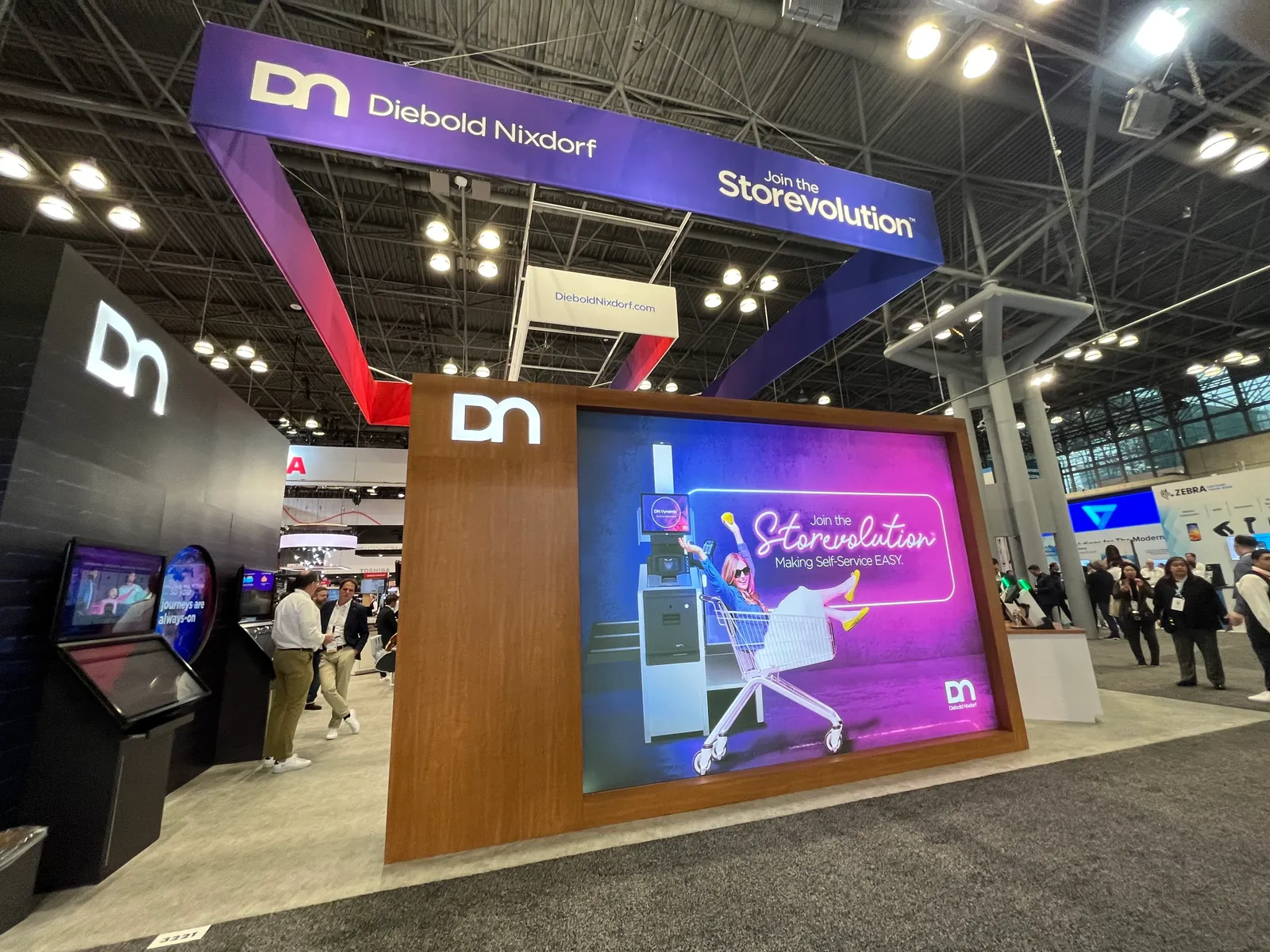
Diebold Nixdorf, known for making cash-dispensing machines for banks, has a new checkout platform focused on providing retailers more flexibility in deciding how to stage checkout.
Called Easy One, the platform can be configured as an assisted, semi-assisted or fully self-service checkout option. It also has a variety of options for mounting, including to poles and walls, and it can also be used as a tabletop device, per the announcement last week about the new solution. Retailers can connect the platform to consumer and attendant screens, printers or scanners. When used as a self-service device in grocery stores, the checkout solution can also be used as an extra point-of-sale system, announcement notes.
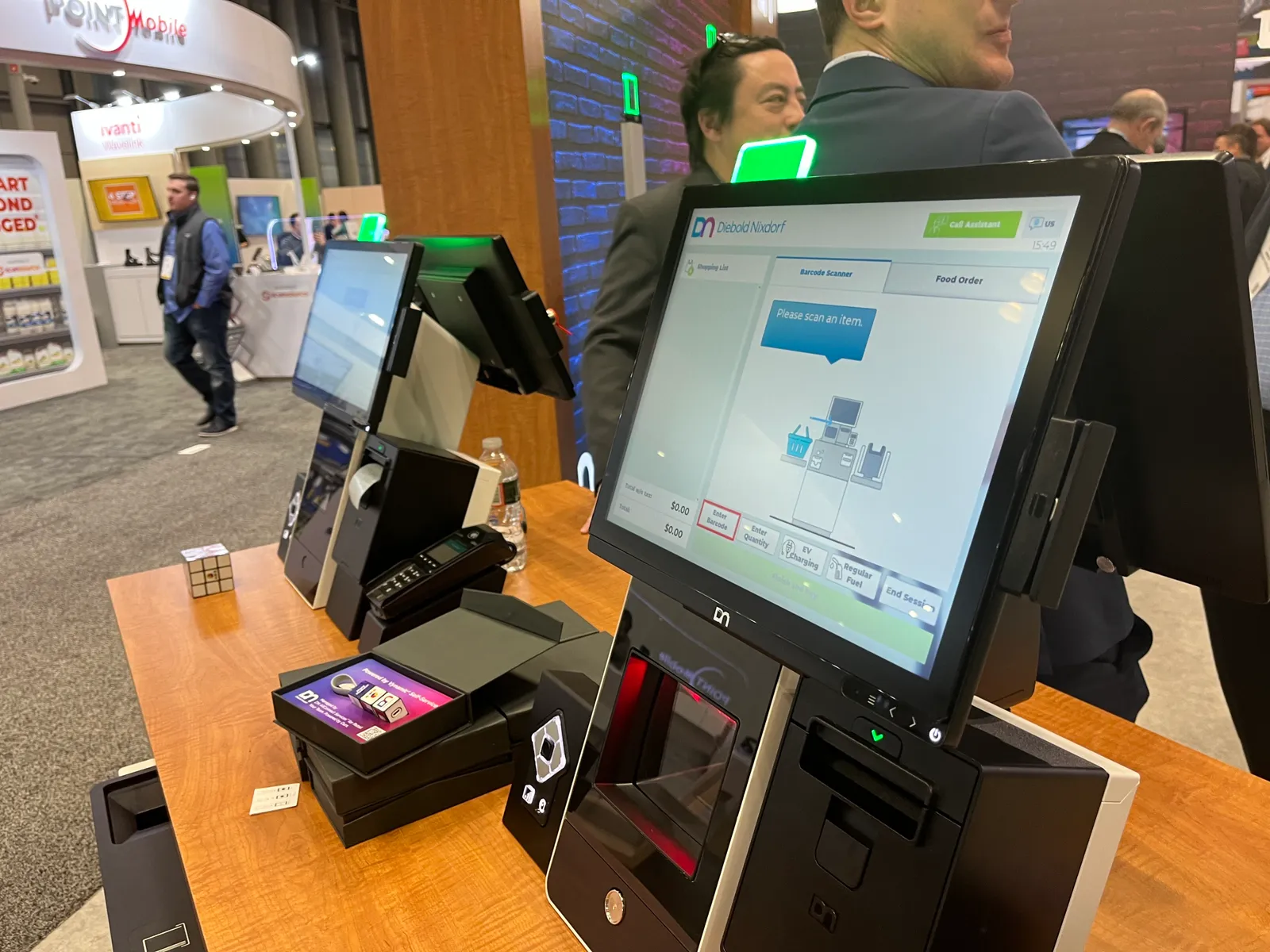
Diebold Nixdorf also had its new self-checkout solutions in partnership with SeeChange on display. In an announcement on Tuesday, SeeChange said its machine learning capabilities that recognize fruits, vegetables, baked goods and items without a barcode is now integrated into Diebold Nixdorf’s Vynamic Smart Vision technology. The companies claim the combination of their solutions improves the speed and accuracy of self-checkout, reduced inventory management and boosts retailers’ sales volume and profitability.
Fresh developments for food waste mitigation
Afresh, a technology company that uses artificial intelligence to help reduce food waste at grocery stores, is aiming to expand into new categories.
Later this year, the San Francisco-based company plans to have its technology usable in bakery, deli, meat, seafood and foodservice — the main supermarket perimeter categories, the company told Grocery Dive at NRF.
Additionally, Afresh is planning for vertical expansion this year to have its solutions spanning from stores to distributors, the company noted.
Afresh already has a number of major grocery partners, including Albertsons, SpartanNash, Cub Foods and Heinen’s. In August, the company announced it raised $115 in a Series B round led by Spark Capital.



